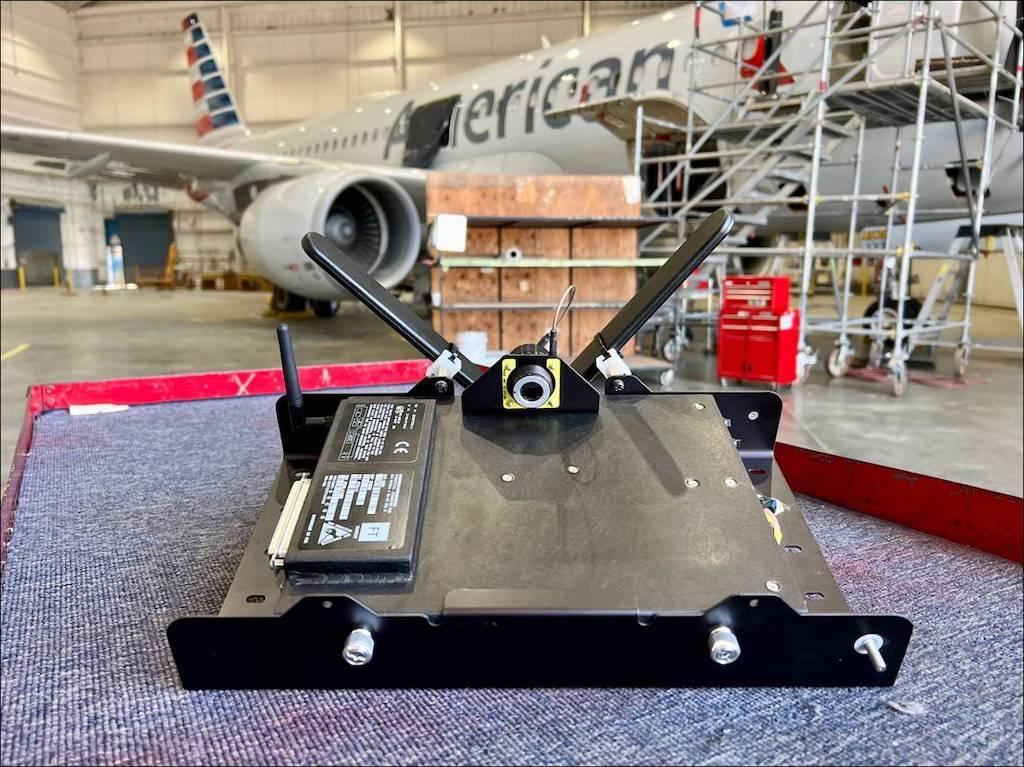American Airlines Installing Collins Device To Aid Predictive Maintenance

American Airlines in the process of installing Collins Aerospace’s aircraft interface device (AID) on more than 500 aircraft to speed its data-driven operational decisions.
It is installing the device on its Boeing 737NGs, most Airbus A320s and eventually 777s at seven of its locations.
Stacy Morrissey, American Airlines vice president of technical operations, engineering and quality, says the AID equipage will yield a more reliable travel experience for passengers due to a more predictable operation.
The AID captures, records, stores, encrypts and securely sends aircraft data to Collins’ ground platform, GlobalConnect, and automatically downloads data after each flight—near real-time. This replaces manual downloads. The data supports safety and can be used by American’s predictive maintenance team to proactively analyze and troubleshoot maintenance issues.
Automatic download speeds American’s access to the data and ensures it is much more complete than under manual processes. The airline has seen its data capture rate increase from 85% to more than 99% with the automatic data transfer.
American already has installed 200 Collins AIDs over the course of six months.
The American Airlines project is just part of Collins’ expanding suite of connectivity and predictive maintenance services. Collins’s Ascentia predictive maintenance platform is now supporting Saudia Aerospace Engineering Industries in its efforts to improve MRO. Collins is also using its own FlightAware data to predict and improve the life of aircraft brakes, without retrofitting any sensors.
Additionally, Collins is working to make its own air probe a smart air probe, which can then help anticipate its own failures and need for repair. Smart capabilities are also being embedded in Collins’ cabin interior products as well, to anticipate their replacement or repair.
Collins’ parent company Raytheon is partnering on data management with Pratt & Whitney engines and using Ascentia to do predictive analysis on Pratt & Whitney Canada APUs.
In all, about six carriers are using Ascentia for predictive maintenance on a number of Collins and non-Collins components, and more than 2,500 aircraft are using it for APU predictions.
Collins started applying Ascentia to Boeing 787s and has now expanded it to cover A320-family aircraft and 737s.
